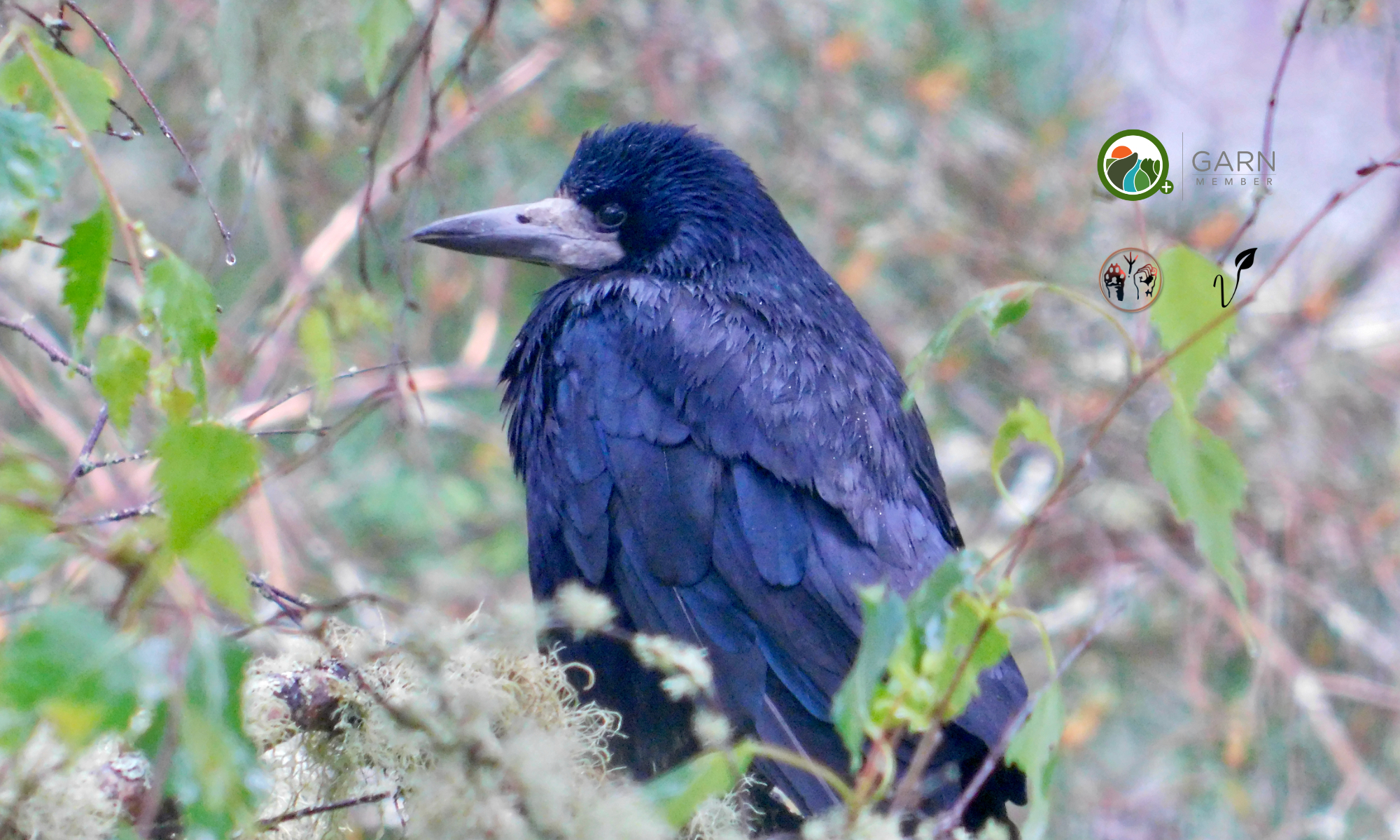During the summer months birds require high protein foods, especially during their moult. During cold winter weather birds will benefit from high-energy or high-fat foods, which will help them to maintain their fat reserves and to survive frosty nights. Autumn is the time to change the composition of bird foods offered and perhaps the arrangement of your feeders. It is relatively easy to plan for winter bird feeding.
How To Prevent Trichomoniasis Or Canker
Canker is caused by a flagellate protozoan and is also known as trichomoniasis, roup or frounce. It is not transmittable to humans or other mammals, but can be caught by other birds that share the same water, eat seed dropped by an afflicted bird, or through direct beak-to-beak contact. The organism Trichomonas gallinae lives in the sinuses, mouth, throat, oesophagus and other organs. This disease occurs worldwide in warm climates or during warm weather.
Treating Animals With The Respect They Deserve
Being sentient means to have the capacity to have positive and negative experiences, such as feeling pain and pleasure. This applies at the very least to all animals with centralised nervous systems. Sentient beings have their very own unique personalities. We should refer to them as “he/she”, “them/they” or by species. The words “it” or “thing” should not be used to refer to an animal, and “who” is used rather than “that”. If you do not know the gender, then choose one: “he” or “she”. Even if your gender choice is wrong, it is more respectful than “it”. This is an important way of demonstrating the respect we ask others to afford all animals.
Continue reading “Treating Animals With The Respect They Deserve”
Why Should We Help Non-Human Animals?
Editor's note: An updated and republished version of this blog post is available by following the link below. How To Treat A Sentient Being With Respect (Republished)
Before we look at possible answers, we should try to establish an ethical baseline we all can agree on and work with. Most but not all people will accept that it is wrong to intentionally inflict harm onto others with the exception of acting in self defence. Intentionally harming other people is morally seen not acceptable. Violence is generally not regarded as normal behaviour, as it obviously can cause harm. It seems natural to most of us to help others, who have been harmed or are about to be harmed. But what drives us to help? And where does empathy and compassion come from?
Continue reading “Why Should We Help Non-Human Animals?”Wild Animal Suffering
Editor's note: An updated and republished version of this blog post is available by following the link below. Wild Animal Suffering (Republished)
Many people have a naive and rosy view regarding the kind of lives animals are living in the wild. Some of those people strongly believe, and this includes even sometimes wildlife rescuers and rehabbers, conservationists and people, who think of themselves as nature or animal lovers, that non-human animals living in the wild live in some kind of paradise. However, nothing could be further from the truth. Animals living in the wild live lives that are far from idyllic, and most of them have to deal with the reality of constant threat of tremendous suffering. Although many people accept the fact that animals experience suffering, the willingness to help, to minimise or eliminate suffering, remains rather an exceptional act of kindness. Also, for reasons remaining mostly unclear, many people assume that wild animals do cope better with suffering than domestic animals or our beloved pets. However, there is no reason or scientific foundation for this assumption. 1
Continue reading “Wild Animal Suffering”




